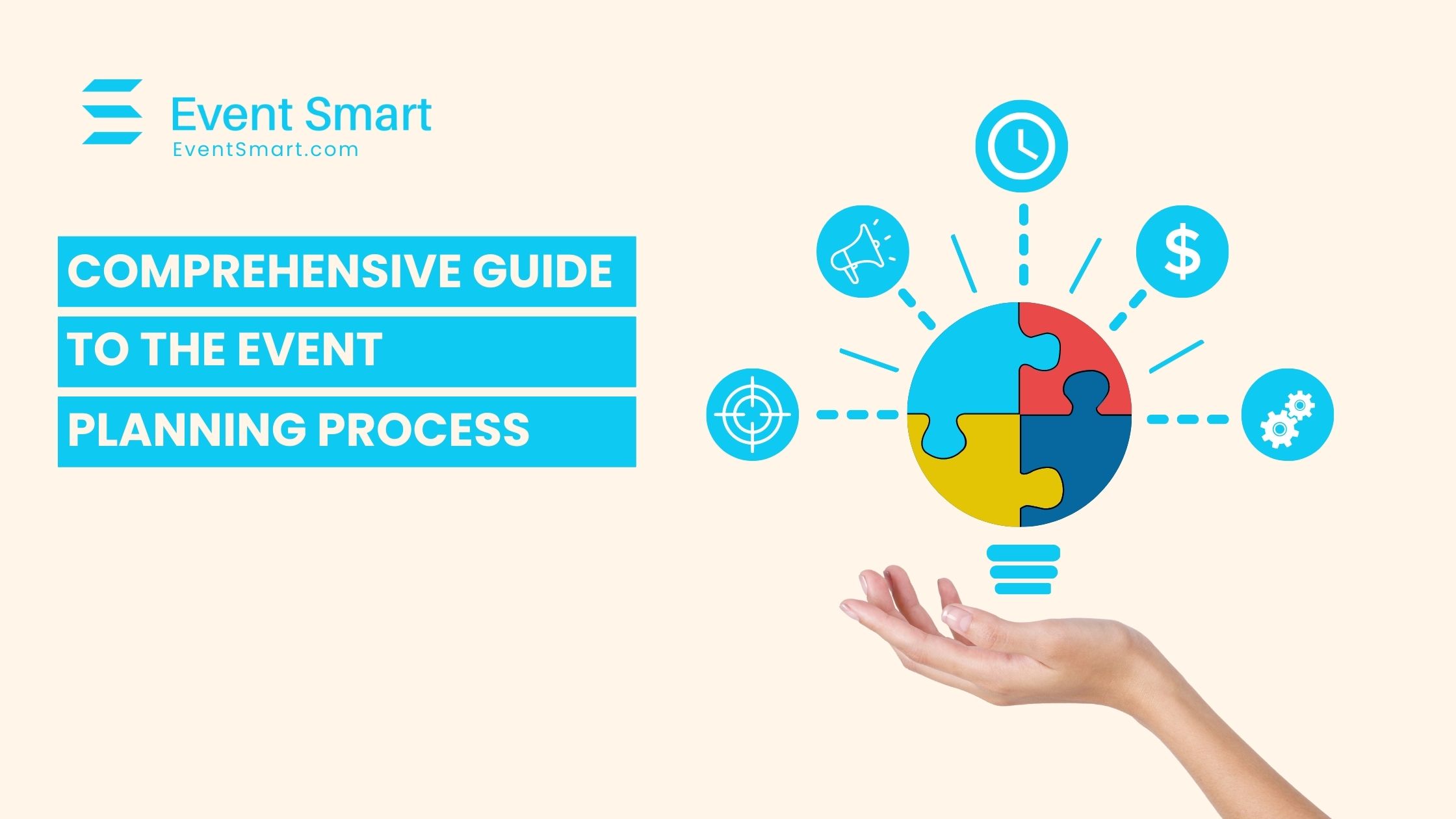Comprehensive Guide to Event Planning: Hosting Memorable Gatherings
Introduction:
Event planning requires meticulous organization, attention to detail, and a creative mindset to ensure successful and memorable gatherings. Whether you’re organizing a corporate conference, a wedding, or a social gathering, careful planning can make all the difference. In this comprehensive guide, we will provide you with essential tips, strategies, and best practices to help you plan and host unforgettable events that leave a lasting impression.
- Define the Purpose and Goals of Your Event:
Begin by clearly defining the purpose and goals of your event. Determine if it’s a celebratory, educational, networking, or fundraising occasion. Understanding the event’s purpose will guide your decision-making process throughout the planning stages.
- Set a Realistic Budget:
Establishing a realistic budget is crucial for successful event planning. Determine the overall budget and allocate funds for venue, catering, decor, entertainment, marketing, and any other necessary expenses. Keep track of your spending to ensure you stay within budget. - Create a Detailed Timeline:
Develop a comprehensive timeline that outlines all the tasks and deadlines leading up to the event. Include tasks such as venue booking, vendor selection, sending invitations, menu planning, and marketing activities. By having a clear timeline, you can stay organized and ensure everything is executed in a timely manner. - Choose the Perfect Venue:
Selecting the right venue sets the tone for your event. Consider factors such as capacity, location, ambiance, and amenities. Visit potential venues, ask for references, and negotiate contracts that outline all the necessary details. Ensure the venue aligns with your event’s vision and accommodates the needs of your guests.
- Craft a Memorable Theme or Concept:
A well-defined theme or concept adds a unique touch to your event. It ties together the decor, invitations, entertainment, and overall experience. Choose a theme that resonates with your audience and aligns with the event’s purpose. Incorporate the theme into every aspect of the event to create a cohesive and memorable atmosphere. - Curate Engaging Content and Activities:
To make your event memorable, curate engaging content and activities that captivate your guests. Consider keynote speakers, workshops, interactive sessions, or entertainment that aligns with your event’s theme and objectives. Incorporating unique and interactive experiences will leave a lasting impression on attendees. - Coordinate Vendors and Suppliers:
Work closely with vendors and suppliers to ensure seamless coordination. Whether it’s catering, audiovisual equipment, floral arrangements, or transportation services, communicate your requirements clearly and establish open lines of communication. Regularly follow up to ensure everything is on track and make necessary adjustments along the way.
- Implement Effective Marketing Strategies:
Promoting your event effectively is crucial for its success. Leverage various marketing channels such as social media, email marketing, targeted advertising, and event listing platforms. Develop a comprehensive marketing plan that includes pre-event, during-event, and post-event strategies to maximize attendance and engagement. - Pay Attention to Event Logistics:
Event logistics play a vital role in creating a smooth and enjoyable experience for attendees. Consider factors such as parking, transportation, registration, signage, and event flow. Anticipate potential challenges and plan contingencies to minimize disruptions and ensure a seamless experience for your guests. - Solicit Feedback and Evaluate:
After the event, solicit feedback from attendees, vendors, and team members. Evaluating the event’s success and areas for improvement will help you enhance future events. Analyze attendee feedback, review key performance indicators, and assess the event’s impact on your goals. Learn from the experience and make adjustments to continually improve your event planning skills.
Conclusion:
Event planning requires meticulous attention to detail, effective coordination, and a creative approach to hosting memorable gatherings. By defining the event’s purpose, setting a realistic budget, creating a detailed timeline, selecting the perfect venue, crafting a memorable theme, curating engaging content, coordinating vendors, implementing effective marketing strategies, paying attention to logistics, and soliciting feedback, you can host events that leave a lasting impression on your guests. Embrace the challenges and opportunities that event planning presents, and create memorable experiences that exceed expectations.
